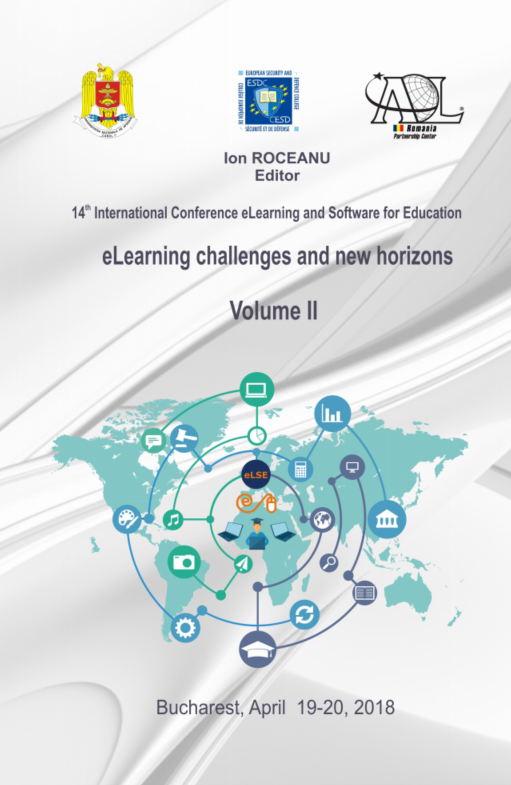Distance Social-Psychological Support for Care-Leavers
Distance Social-Psychological Support for Care-Leavers
Author(s): Olga Volkova, Polina Ananchenkova, Oksana BesschetnovaSubject(s): Social Sciences, Education
Published by: Carol I National Defence University Publishing House
Keywords: distance education; social-psychological support; care-leavers;
Summary/Abstract: The article substantiates the necessity of distance social-psychological support of children, leaving residential care after reaching the age of majority (18 years). The main reason for that is the following: the loss of the comprehensive social communication with caregivers and teachers from children's home because of a change of residence in connection with training, employment, returning to relatives, etc. requires distance social and psychological support of care-leavers. The article presents the main results of the joint work of the Laboratory of social projects of Belgorod State University and the state budgetary institution “Spread the wings!” in 2014 ‒ 2017 for the implementation of the distance social and psychological support program for young people, leaving residential care of Belgorod region. The most effective methods of the distance learning are established: (1) the information-receptive method involves the transfer of information to recipients using various kinds of electronic teaching materials, including textbooks, workbooks, audio and video files; 2) reproductive method bases on the algorithmic nature of the activities of students, involves different exercises and tasks which are similar to those presented in recommendations, and are directed on formation of practical skills; (3) problem statement method focuses not only on the perception and comprehension of ready-made conclusions, but also on understanding causal relationships between objects, processes or phenomena, and logic; (4) heuristic method suggests the gradual preparation of students to make independent decisions in problem situations; (5) research method involves the manifestation of self-studying, active search, development of initiative, and creative use of knowledge in nonstandard situations.
Journal: Conference proceedings of »eLearning and Software for Education« (eLSE)
- Issue Year: 14/2018
- Issue No: 02
- Page Range: 274-279
- Page Count: 6
- Language: English

